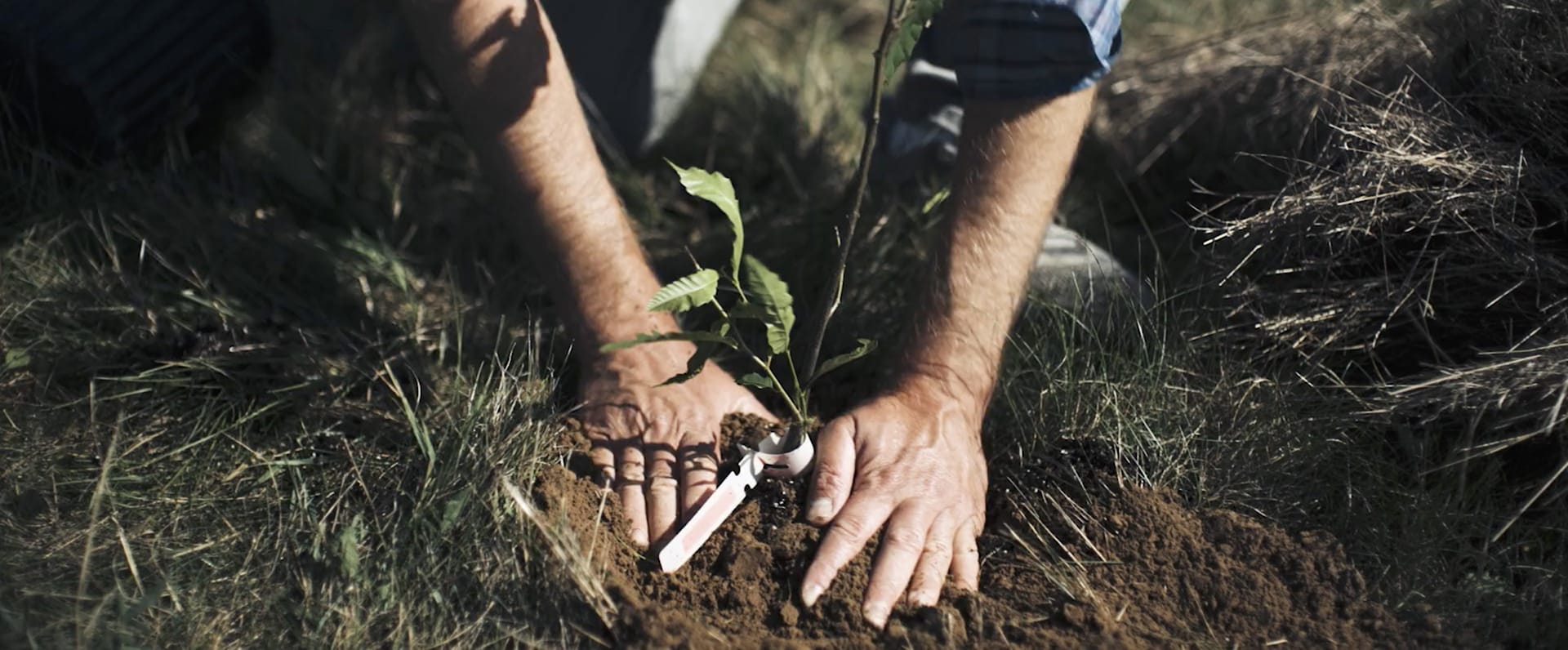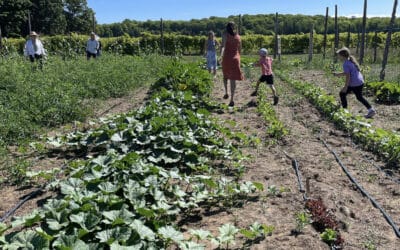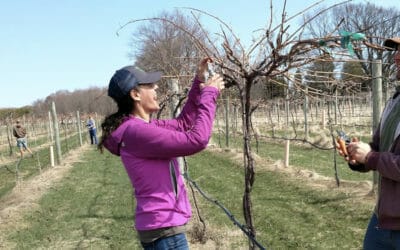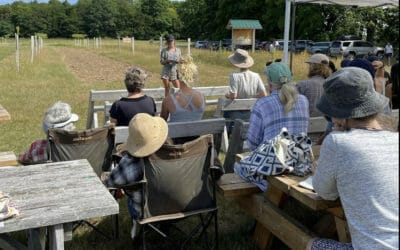By Emma Knickelbine, 2021 Summer Intern
As a student currently studying to earn a Master’s in Literature and Cultural Theory, I’ve frequently been asked one question while interning at Gathering Ground: “Why are you here, learning about sustainable agriculture? What does that have anything to do with literature?” The answer is simple – I’m an ecocritic. Ecocriticism is a field of literary criticism that seeks to explore the relationships between literature and the environment, to find those immutable connections that keep bringing us back to the environment as a topic for reflection, concern, awe, and inspiration. An important facet of ecocriticism is its ability to connect ordinary people with complex ecological knowledge, largely by simply naming some of our most complicated relationships with the more-than-human world we live in. Over the next few blog posts, I’ll lay out some ecocritical theories that can have a positive influence on the way we as humans relate to the world around us, specifically through the lens of experiences I’ve had while interning at Gathering Ground. My hope is that readers will walk away with new words to put to their experiences in our environment, even if those experiences are as domestic as home gardening.
One concept that I see as integral to the ecocritical perspective is entangled humanism. These two words encompass a huge variety of our relationships with the life that surrounds us on this planet. In his chapter of the 2018 essay collection After Extinction, William E. Connolly lays out the concept of entangled humanism by stressing that, particularly in an age of climate change and alarmingly high rates of extinction, humans need to begin seeing themselves as part of the complex network of life, with countless connections to other forms of life that enable us to survive. This theory positions humans not in the center of the web of connections, but shows us as simply a part of the network of relationships that extends over all life on Earth. This theory is in defiance of humanist exceptionalism, the doctrine that suggests that humans are somehow higher, or more important, than all other organisms. Humanist exceptionalism has informed the way we speak about the environment for centuries, while never really bringing us into connection with nonhuman life. Entangled humanism seeks to bring humans back to earth, to show clearly the entanglements between our lives and the lives of other organisms. This is a necessary step toward saving our planet, and by extension, ourselves.
Entangled humanism can inform an intimate and complex understanding of agriculture. At Gathering Ground, one of the topics we’ve studied this summer is soil health. While not an area that gets a lot of attention in the popular environmentalist movement, soil health is integral to our survival as a species, and it’s a perfect place to see our connections with other life spread out before us.

In conventional agriculture, processes like tilling and the spraying of herbicides and pesticides, combined with leaving soils without vegetative cover for long periods of time, have led to a major decrease in the health of soils. Believe it or not, a soil is at its healthiest when it contains the most matter that is (or was) alive. Organic matter, like dead plants and animals, mixed with the living microbes and fungi that decompose this matter, is what produces the livability of the soil for plants. Organic matter provides vital nutrients for the decomposing organisms, for plants, and for whoever eats those plants (humans or animals). By raking our soil bare and filling it with toxins and chemical fertilizers, we humans disrupt the lives of everyone who lives within the soil. And this, in turn, will disrupt our lives soon enough. You can see the signs of damaged soil with your own eyes, and this damage makes the soil vulnerable to erosion, reluctant to hold water, and inhospitable to crops. Without healthy soils, we cannot hope for infinite harvests.
This simple example carries great impact. Once you begin to envision the health of the soil as something that you impact in your daily life, a shovelful of dirt begins to look very different than it did before. One day of the internship consisted of us traveling to take samples of soil from other farms and home gardens around the island. When you’re digging down, taking the soil in your hands, and seeing the differences from place to place, it’s hard to ignore that within that handful of soil is a robust community, teeming with lives that nourish our existence, even if they’re so small that we can’t see them with the naked eye. In holding the soils of different gardens on the island, I was able to see myself as part of the natural network, to imagine my life connected to the billions of microbes living in the soil I touched. And these entanglements branched into more, as I saw my life connected to fungi, plants, animals, even bacteria. A human being does not exist in isolation. We are sustained by our entanglements with the more-than-human world.
You don’t even have to be a farmer to appreciate the entanglements that connect you to this living network. Just go into your kitchen. Maybe you’ll see an apple. And as you eat it, think about the tree that produced it. Think of the animals and insects that made their homes in the tree. Think of the roots in the soil. Think of the fungi and the microbes that provided those roots with nutrients, so that the tree could stretch skyward. All of those creatures made that apple possible, even before humans cared for and harvested it. Our food connects us to the entangled web of life. So the next time you eat an apple, maybe you’ll find yourself thinking of the microbes in the soil, the birds that live in trees, or the bacteria that live in your own gut. Hopefully, in considering these creatures, you’ll find yourself entangled.




0 Comments